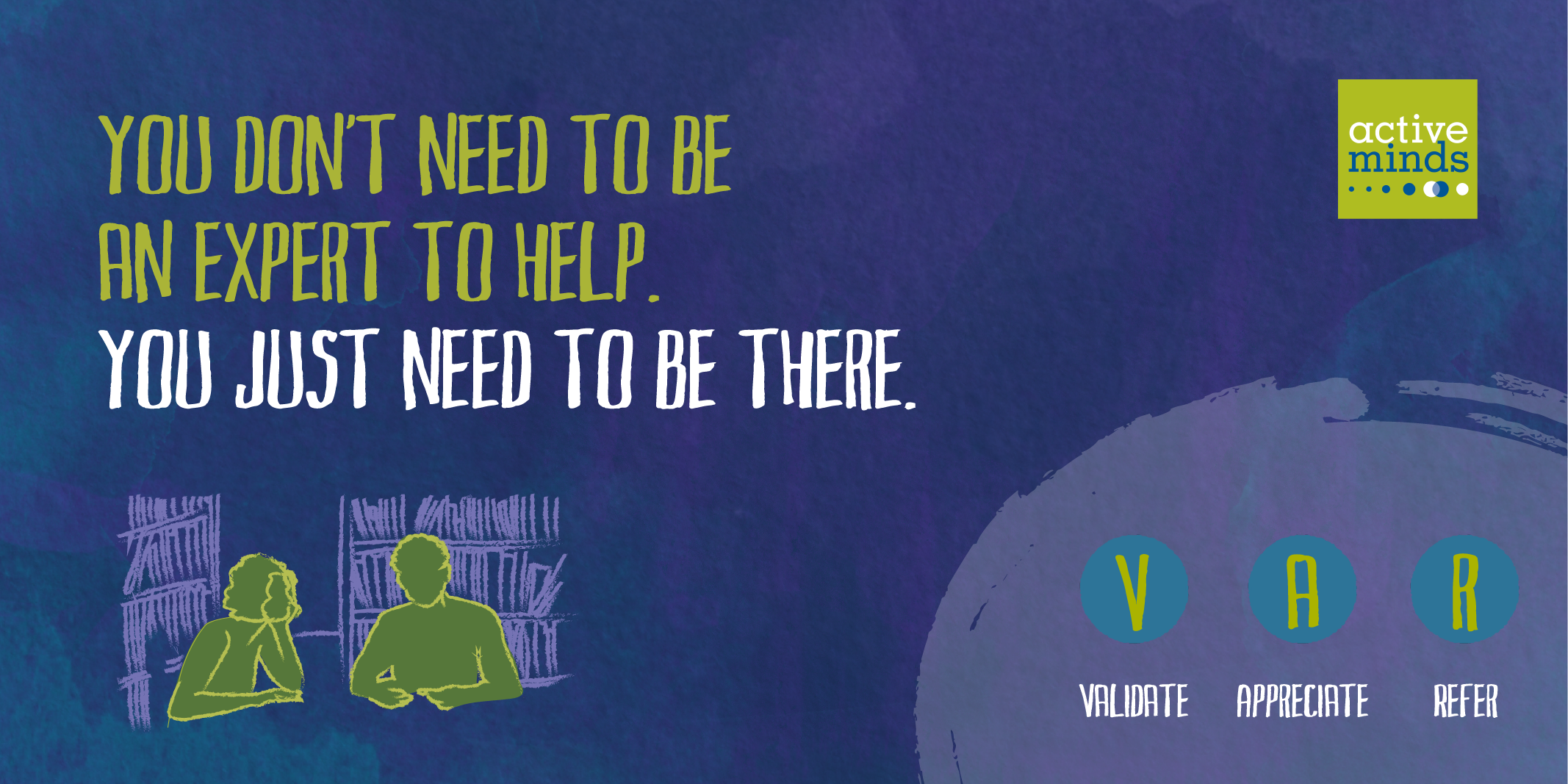Get Involved

 Become a Thought Partner
Become a Thought Partner
Partner with us to produce thought leadership that moves the needle on behavioral healthcare.
 Other options to get involved
Other options to get involved

Thank you!
We received your information and will be in contact soon!
Get Involved

 Grantmaking
Grantmaking
We fund organizations and projects which disrupt our current behavioral health space and create impact at the individual, organizational, and societal levels.
 Participatory Funds
Participatory Funds
Our participatory funds alter traditional grantmaking by shifting power
to impacted communities to direct resources and make funding decisions.
 Special Grant Programs
Special Grant Programs
We build public and private partnerships to administer grant dollars toward targeted programs.
 Program Related Investments
Program Related Investments
We provide funds at below-market interest rates that can be particularly useful to start, grow, or sustain a program, or when results cannot be achieved with grant dollars alone.
Get Involved

 Tia Burroughs Clayton, MSS
Tia Burroughs Clayton, MSS
Learning and Community Impact Consultant
Add some text here
 Alyson Ferguson, MPH
Alyson Ferguson, MPH
Chief Operating Officer
Contact Alyson about grantmaking, program related investments, and the paper series.
 Samantha Matlin, PhD
Samantha Matlin, PhD
Senior Learning & Community Impact Consultant
Contact Samantha about program planning and evaluation consulting services.
 Caitlin O'Brien, MPH
Caitlin O'Brien, MPH
Director of Learning & Community Impact
Contact Caitlin about the Community Fund for Immigrant Wellness, the Annual Innovation Award, and trauma-informed programming.
 Joe Pyle, MA
Joe Pyle, MA
President
Contact Joe about partnership opportunities, thought leadership, and the Foundation’s property.
 Bridget Talone, MFA
Bridget Talone, MFA
Grants Manager for Learning and Community Impact
Add some text here

For the National Suicide Prevention Month 2019, Active Minds released a new set of resources titled V-A-R: Validate, Appreciate, and Refer. In their words, it’s an “everyday guide for everyday challenges,” meaning the model is meant to be intuitive and easy for anyone to support those close to them if they suspect they may be going through a difficult time.
V-A-R is meant to be for non-crisis situations that many people face for more day-to-day struggles. It is a gateway for conversation for a person enduring common troubles to feel that they are heard and that someone is there for them. In the case of someone mentioning how exhausted they are or that they have a lot going on, Active Minds has offered the following steps to be in their suggested order:
- Validating their feelings in the moment is important because it acknowledges that those feelings are normal, and they shouldn’t feel ashamed. Simply saying “I believe you” or “That makes sense” can allow a person to feel that they are heard.
- Appreciating their courage in talking about their problems can help break down a barrier. “I’m here for you” and “Thank you for sharing” are some examples of expressing this.
- Referring them to skills and support depending on the circumstances gives a person the opportunity to seek follow-up to that conversation. Whether that’s a call to a hotline, setting up a meeting to a local support group, or using technology for self-care tools, making sure people have the resources they need to cope with what they are feeling is crucial.
In addition to the main V-A-R resource page, there are easy to use tools such as the wallet card to share and use to serve as a reminder of the steps. There are also workshop kits geared towards youth specifically and a general audience, and through inquiry an organization can request a speaker-led training by a representative of Active Minds.
Suicide prevention does not have to be a complex activity as showcased through this model. While V-A-R does not address handling a crisis, it can serve as a buffer to prevent or delay a crisis from occurring. If you or someone you know may be struggling, call the Suicide Prevention Lifeline at 1-800-273-TALK (8255) or text CONNECT to 741741 for Crisis Text line.












